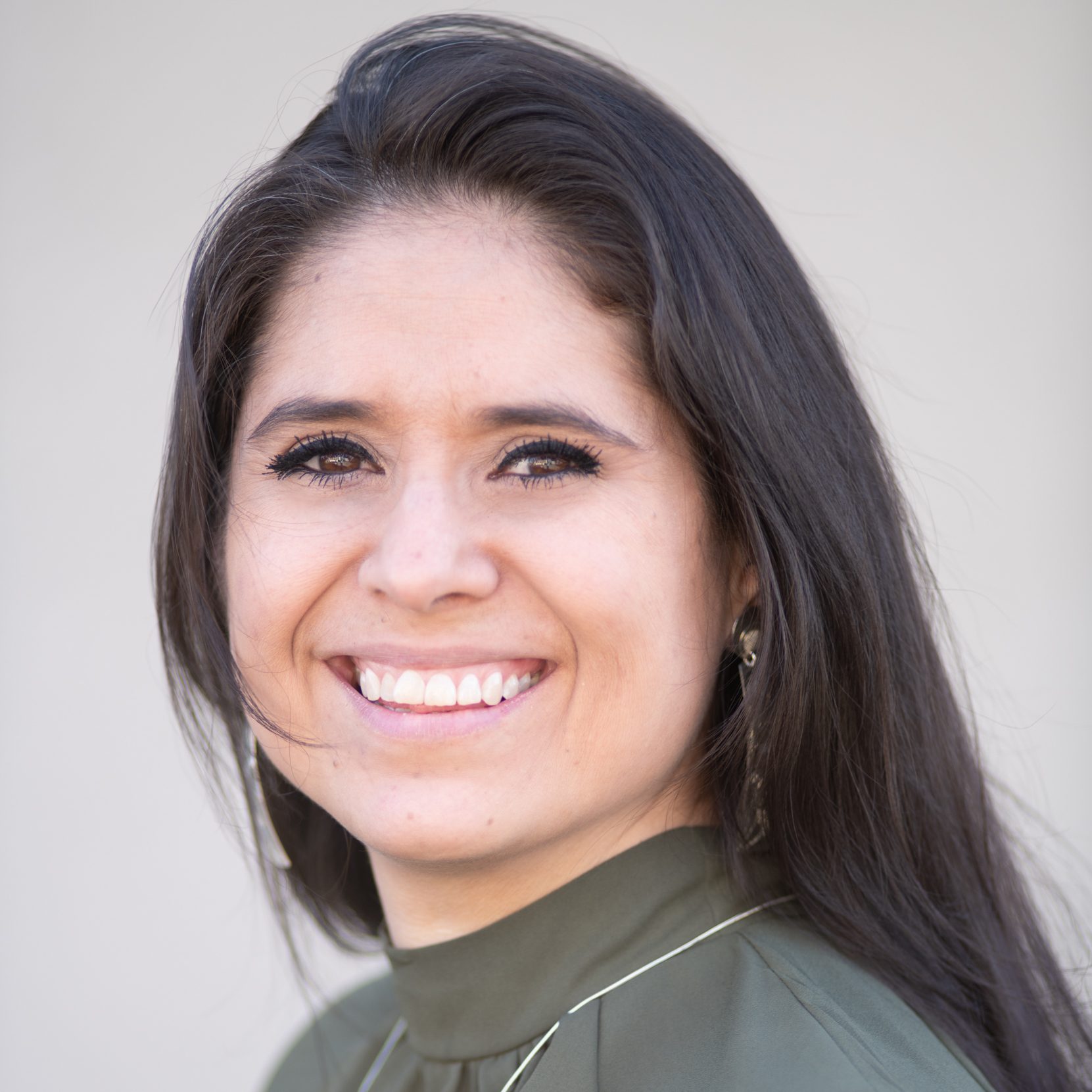
Assistant Professor
604-822-0726
Office: Scarfe Office Block 2510Dr. Melanie Nelson is a proud Samahquam (St’at’imc) woman presently residing and working on the unceded lands of the Musqueam People. It is also noted that traditional Tsleil-Waututh territory encompasses Vancouver, extending into the US, including UBC, and traditional Squamish territory extends into much of what is now called UBC.
As an Assistant Professor in the School and Applied Child Psychology program, her work challenges clinicians and the profession of psychology to adopt a more responsive approach when working with Indigenous populations. Dr. Nelson’s research focuses on the experiences of Indigenous caregivers within Western systems, including the assessment and diagnosis process, despite the absence of the construct of disability in traditional thought. Additionally, she investigates how Indigenous youth identify and access support for mental health and wellness in schools and their communities.
Dr. Nelson is not taking any students as supervisor currently.
Scholarly Interests:
Early childhood, K-12 education, young adulthood, Indigenous education, psychological practices with Indigenous populations, queer communities.
Theoretical Orientation:
Indigenous Knowledge
Western Phenomenal Logical
EPSE 317 Development and Exceptionality in the Classroom
EPSE 348 Family-Centered Practice for Children with Special Needs
EPSE 421 Assessment of Learning Difficulties
EPSE 535 Social and Emotional Assessment
EPSE 560A Laboratory in School and Applied Child Psychology
EDUC 440 Aboriginal Education in Canada
EDUC 442 Supporting Indigenous Infants and Young Children within the Context of their Communities
University of British Columbia, 2023, Ph.D.
University of British Columbia, 2017, M.A.
University of British Columbia, 2007, D.Ed.
University of British Columbia, 2005, B.Ed.
University of British Columbia, 2004, B.Sc.
–Nelson, M. & Ford, L. (2022). Linking assessment and intervention: Toward culturally responsive ways of supporting mental health and wellness of children and youth who identify as Indigenous. In The Psychology Commons. Kingston, ON: eCampus Ontario. Licensed under CC BY NC 4.0. Retrieved from https://ecampusontario.pressbooks.pub/psychologycommons/chapter/supporting-indigenous-mental-health-nelson-m-t-ford-l-2-28-2022.This resource is recreated with permission from the Canadian Psychological Association: Nelson, M. T. & Ford, L. (2019). Linking assessment and intervention: Toward culturally responsive ways of supporting mental health and wellness of children and youth who identify as Indigenous. Psynopsis, 41, (3), 23-24. Retrieved via https://cpa.ca/docs/File/Psynopsis/2019-Vol41-3/index.html.
-Schroeder, M., Lacerda-Vandenborn, E., Nelson, M., & Wendt, D. (2023). Introduction to the special issue-school psychology and Indigenous peoples: Critical perspectives and Indigenous-led approaches. Canadian Journal of School Psychology, 38(1), 3-9. doi:10.1177/08295735231156984.